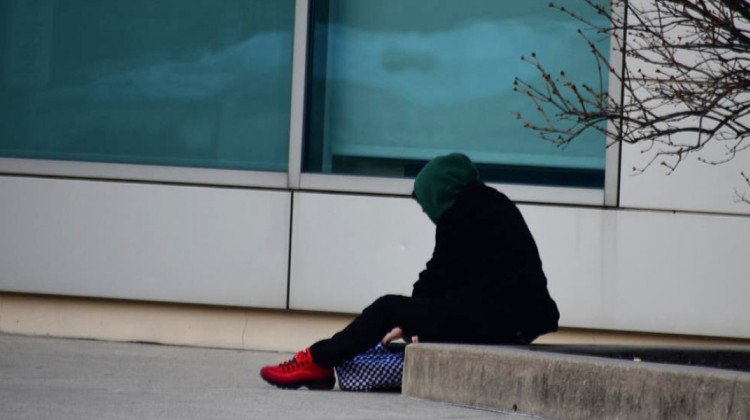It seems obvious.
If an employee has more to do, they spend more time at work.
If they spend more time at work, they get more stressed.
If they get more stressed, they are more likely to get injured or sick.
Duh.
Chong Xiang, a Purdue University economics professor, knows this isn’t a novel idea.
But his study — which he worked on with Jakob Munch, an economics professor at University of Copenhagen, and David Hummels, who teaches economics alongside Xiang at Purdue — proves our assumptions to be true.
What does the study prove?
The research proves that the more work an employee gets, the more time they spend at work and the more likely they are to get an injury or become sick with depression or suffer from a stroke, heart attack or other illness.
Although other studies have reported this pattern, their report goes one step further, proving a “causal relationship” between workloads and stress levels — meaning they found one event directly causes the other.
The trio of researchers chose Denmark as a case study because Danish manufacturing workers saw overseas demand for their products suddenly increase and had to put in more hours.
Because Denmark also has a universal healthcare system, researchers could easily access data —like prescription drug purchasing — and get a comprehensive picture of each employee’s health.
How is this study different?
The findings prove a “causal relationship” between outside factors and workplace stress. The study focused on Denmark, which has seen an increase in export demands from trading partners (outside factors) and also an increase in Danish worker injury and illness (workplace stress) as a result.
Xiang and the other researchers also chose Denmark because its labor market is flexible and functions similarly to the United States because workers can find and switch jobs easily.
“We believe [this data is] going to be applicable to Indiana and to the United States as well,” Xiang said.
The data shows something Xiang considers “very plausible” and echoes what many people already think — as work demand increases, employees work longer hours and work more intensely, which leads to higher rates of injury and sickness.
How did the study work?
• The researchers picked Denmark because of its increase in trade demand and workplace stress, as well as its similarities to the U.S. labor market.
• By taking a look at healthcare data, researchers were able to see how an increased workload altered the health of each employee, including prescription drug purchases.
The study also found variations between how men and women respond to workplace stress.
The women they studied were more likely to suffer depression, heart attacks and strokes than their male counterparts.
But the findings also paint bigger a picture of workplace stress and mental health — for both men and women.
“Mental health remains an issue of taboo in our culture,” Xiang said. “We don’t like to talk about it. We don’t like to tell people that we are stressed, and we are depressed, right? And if we say so, then our colleagues may say, ‘There’s something wrong with you; you have lost your head.’”
Xiang said the findings underscore the importance of workplaces providing employees with services to reduce work-related stress, such as connecting workers to psychiatrists or providing a more soothing work environment with sounds and plants.
Xiang said he hopes the study — although not finalized and published — prompts employers to think about how many hours workers are putting in.
“It would be nice if [when changing workloads or shifts, employers] are aware that what they are doing is going to have an impact on their worker’s health,” he said.
The researchers plan to continue investigating how economics alter people’s health and publish future papers.
Read the entire study here.
 DONATE
DONATE








 Support WFYI. We can't do it without you.
Support WFYI. We can't do it without you.